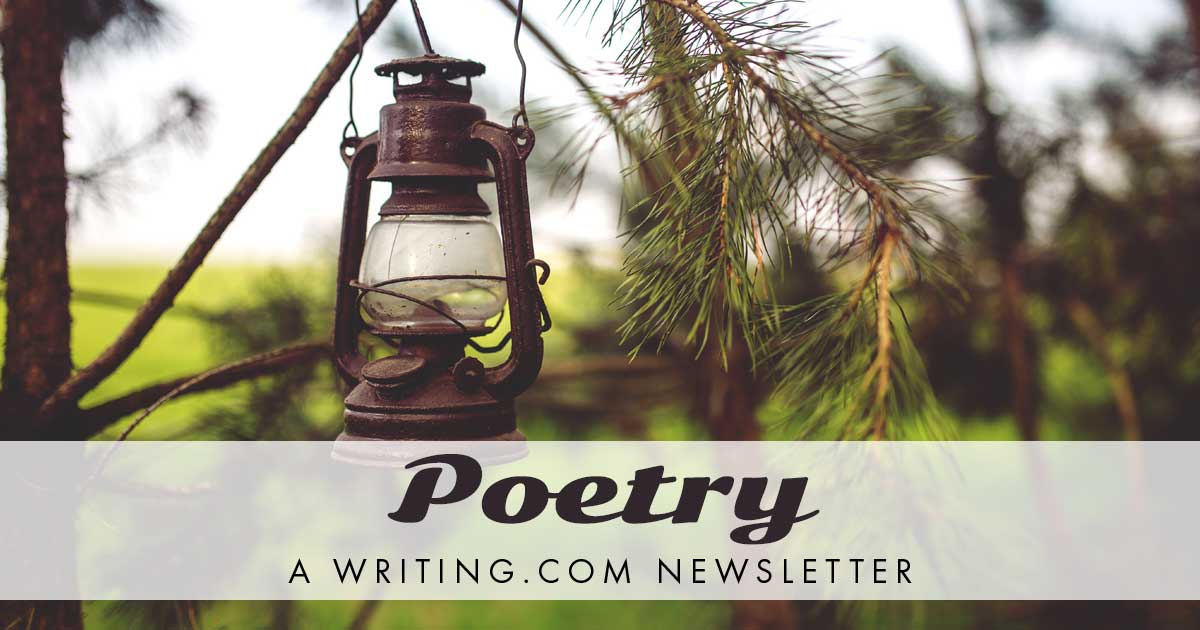"If such the accents of thy early youth
When playful fancy holds the place of truth,
If so divinely sweet the numbers flow
And they young heart melts with such tender woe
What praise, what shall be thine
When sense nature with science shall combine
To raise thy genius and they taste refine"
 Imagine getting praise like this in a letter from someone you admire! It is a quote from one of Mrs. Cockburn's letters to Walter Scott, after reading one of his poems. (from the book "Poets and Poetry in Scotland") Imagine getting praise like this in a letter from someone you admire! It is a quote from one of Mrs. Cockburn's letters to Walter Scott, after reading one of his poems. (from the book "Poets and Poetry in Scotland")
Alison Cockburn, born Alison Rutherford in 1713, had a close connection with the mother of Sir Walter Scott, and visited him when he was a boy. She said of him that "he was an extraordinary genius of a boy" and he thought highly of through their life long association.
Born the daughter of a Border Laird, in Fairnalee, on the banks of the Tweed River, in Selkirkshire, Alison grew up in a home where she could wander the lands, read and study at home and be able to think and express even though she was a girl.
She married at 19 to Patrick Cockburn and lived with him and his strict Presbyterian father for four years, until his death, when she could get back to the social events she so enjoyed and excelled at.
She became the Queen of Edinburgh society for almost 60 years, involved at the centre of the Scottish Enlightenment with a circle of friends like David Hume, Robert Burns and Walter Scott. Her husband died in 1753 and her son, 7 years later, so having her social connections kept her going. In 1727, her name appeared in a list of the most charming ladies of Edinburgh, in Mr. Fairbairn's book.
She had cultivated poetry from an early age and was one of the first to be influenced by Allan Ramsay. Few of her works were ever published. Her nephew, Mark Pringle, said she wrote for herself to amuse others and was not interested in the publications. She read voraciously and was known for her wit and intelligent and creative conversations and knowledge. Her writings includes songs, parodies with sometimes witty commentaries on events of the day. She often held dinner parties, even if she had to pile all the furniture to fit distinguished guests into her small home, especially on a small income after the death of her husband.
She was described as having her own style of dress and hair style, some of which came into vogue in the future. Alison wrote many letters in her time and this is how we know about some of her life and works. In 1786, she met Robert Burns and is quoted to have written "he had an enthusiastic heart of love." From my research, it seems she read and enjoyed many works of the authors of her time.
She died at around age 80 in 1794 and Walter Scott wrote that even at her age her play of imagination and intellect was sound.
I found this version of her first poem, "The Flowers of the Forest", written partly as a request from a traveller who heard a flute player playing the tune. She wrote words to accompany it. She was known as a songwriter and there are pieces of other lyrics to tunes of the day.
There are several ideas about what it refer to... a lost love, a lament about the financial downfall of some Selkirk Lairds at the time etc. It was written in 1731, published in 1765. Like any good poem, it may find the way into the heart of any reader. 
The Flowers of The Forest
I’VE seen the smiling of Fortune beguiling,
I’ve tasted her favours, and felt her decay;
Sweet is her blessing, and kind her caressing,
But soon it is fled,—it is fled far away.
I’ve seen the forest adorn’d of the foremost,
With flowers of the fairest, both pleasant and gay;
Full sweet was their blooming, their scent the air perfuming,
But now they are wither’d and a’ wede away.
I’ve seen the morning, with gold the hills adorning,
And the red storm roaring, before the parting day;
I’ve seen Tweed’s silver streams, glittering in the sunny beams,
Turn drumly and dark, as they roll’d on their way.
O fickle Fortune! why this cruel sporting?
Why thus perplex us poor sons of a day?
Thy frowns cannot fear me, thy smiles cannot cheer me,
Since the flowers of the forest are a’ wede away.
(appearing in Johnson's Scots Musical Museum book.)
https://allpoetry.com/Alison-Cockburn
Mrs. Cockburn's appreciation for and encouragement of poets of her day seems to be one of her biggest legacies and her name is among the publications of Scotland poets. She did not feel her own material was that significant, so much is lost. There are a few poems, some toasts and verses but no collections. It seems she was really intent on brightening the world with her wit, inspiration and influencing the Edinburgh social scene. Music and poetry were fun ways to do it. I like her style!
Sources of my info:
https://pennyspoetry.fandom.com/wiki/Alison_Cockburn
https://www.jstor.org/stable/27530668?seq=9#metadata_info_tab_contents
|
